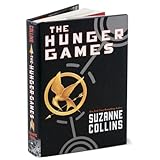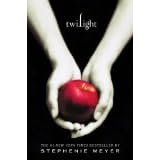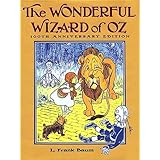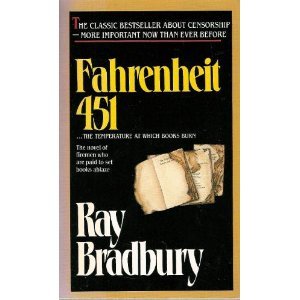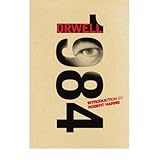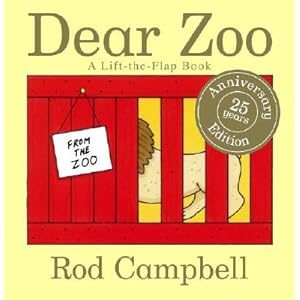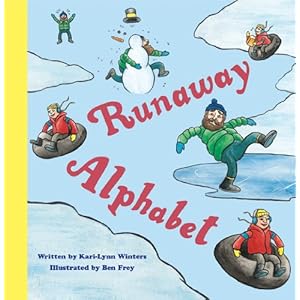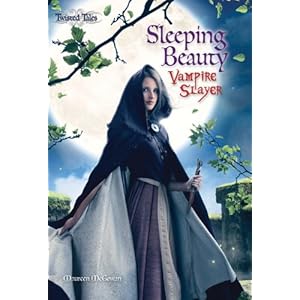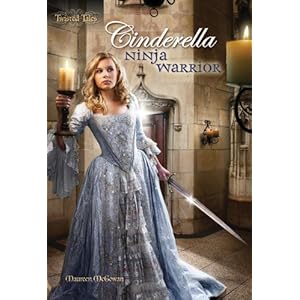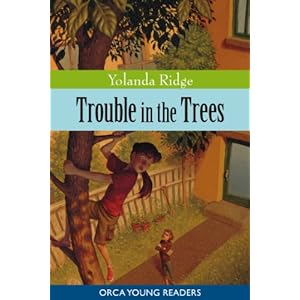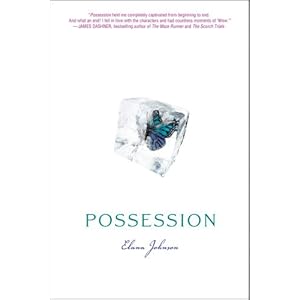It's the first of our writing craft posts, guys! Woo-hoo! I'll be doing these on Mondays, and will switch between Picture Books and novels randomly as the mood strikes me.
Okay, let's talk about picture books. There is more than one kind of picture book out there, and I'm not talking about board books, although those are out there and a lot of board books would work equally well as picture books and vice-versa. (More about this in an upcoming post.) I'm talking about
concept books versus all the rest of the picture books out there. A concept book is one that is written with the goal of delivering a piece of information, like the alphabet, or counting from one to ten, or the names of a bunch of different animals, or opposites, or something like that.
A lot of people mistake this to mean that a concept book has no plot, but that isn't the case. For example, Rod Campbell's DEAR ZOO (a favorite in my house) is about a child who writes to the zoo asking for a pet and receives crate after crate of inappropriate animals, which are returned until the perfect pet finally arrives. The "concept" element (names and distinguishing characteristics of a variety of animals) is really obvious and makes up the majority of the book - in fact, without this concept, you wouldn't really have a book - but there's still a basic storyline.
Sometimes the storyline even makes up the majority of the book, as in Kari-Lynn Winters' RUNAWAY ALPHABET, in which the sounds of each letter of the alphabet are delivered through the telling about a girl's day at the winter carnival. Here, even though it's clear that the point of the book is to deliver the sounds of the alphabet, you could do away with most of them and still have an engaging story.
Either way, while it's possible to have a concept book that does no more than list the items on the dining table or take us through our one-two-threes, you'll have a much stronger book if you manage to weave the concept into a story with a solid plot. Whether the framework you choose is that of a typical day (from waking to bedtime), an experience like the carnival, or even a night of dreams, having that framework will give you more angles from which to pitch your book, and will give readers more angles from which they can enjoy and appreciate it.
So, my challenge to you, picture-bookers, is to
write a concept book this week. It could be a list, a counting book, an alphabet book, anything. But give it a plot.
And if you need somewhere to dummy out your new manuscript, check out this link to what is
possibly the most expensive blank journal ever for the amount of writing space you get: it's 1 inch x 1 1/2 inches, and goes for $19. Great for those writing the extremely sparsely worded picture book. Or the guy at the market who can write people's names on a grain of rice.
So, how did you do? Have you written your concept book yet? Is it easier or harder than you thought?
